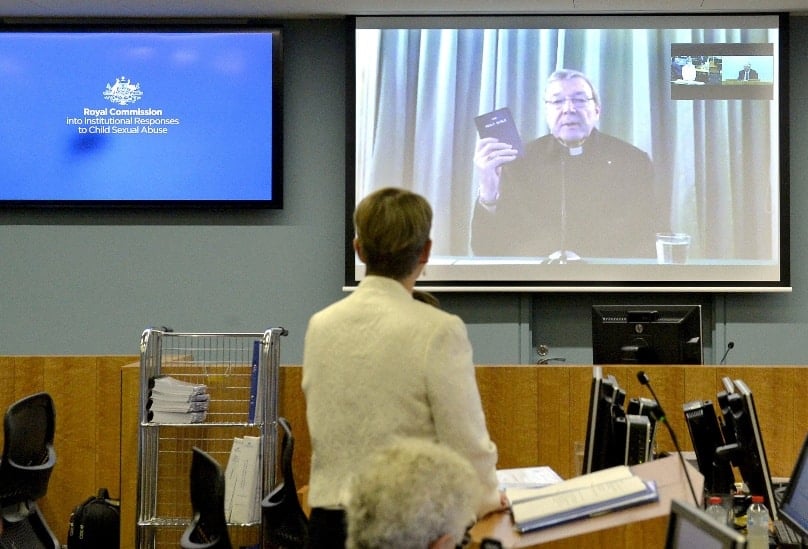
The Royal Commission has indicated that it intends to hold a final hearing on the Catholic Church in early 2017, four years after the Commission’s work began.
This hearing will be designed to examine the ‘why’ question.
Although child sexual abuse has occurred in many institutions apart from the Catholic Church, it falls to the Commission to examine whether there were and are any distinctive characteristics or features of the Church environment that caused children to be abused.
Hard as it is to acknowledge, the Catholic Church is the single largest institutional setting in which children have been abused.
I know that this has a contextual perspective, the Catholic Church did run most of the schools, orphanages and boarding houses across the 1950s, 60s and 70s.
However, context is never an excuse. It is also not enough of an answer when most experts agree that institutional culture is a vital component when explaining institutional behaviour. At this stage of the Royal Commission’s process it is tempting to adopt a defensive, reactionary stance.
There have already been 14 public hearings focused on the Church. Some people are asking what more needs to be revealed before it is plain what actually happened. Fair enough, but each hearing has produced new insights into the institutional responses by the Church.
They have also revealed those elements of our culture that promote secrecy, concealment and complicity. They have demonstrated that clericalism and careerism prevailed when justice and compassion were needed.
They made it obvious that decision-making was not undertaken responsibly, in accountable and transparent ways. And most of all they showed that the instinctive reaction to defend the Church, to prevent scandal and to uphold institutional reputation drove the management of child sex abuses cases and relegated the needs of victims below those of the Church.
These are damning results. They are grounded in the culture and systems of our Church. They expose a gross misuse of powers and structures. They cry out for reform.
Maladministration and clericalism, along with abuse of power and privilege ensured that the sex abuse scandal was concealed for so long.
My hunch is that this is exactly where Justice McClellan and his commissioners will be seeking answers. They are not aiming to change Church teachings in the areas of faith and morals.
It would be pointless attempting to change the nature of the Church as understood by people of faith. So too would it be fruitless to insist on changes that by their very nature undermine the collective faith teachings of the Church.
But I hope that they are going to run a rigorous eye over administrative policies, procedures and practices that led to the abuse, concealed the facts, protected perpetrators and miserably failed victims.
I for one will do everything possible to assist them.
Related: Royal Commission: What happens next?
